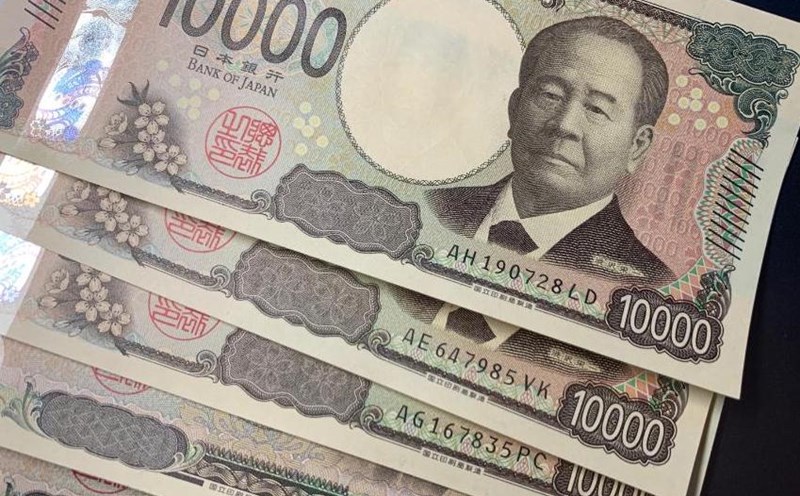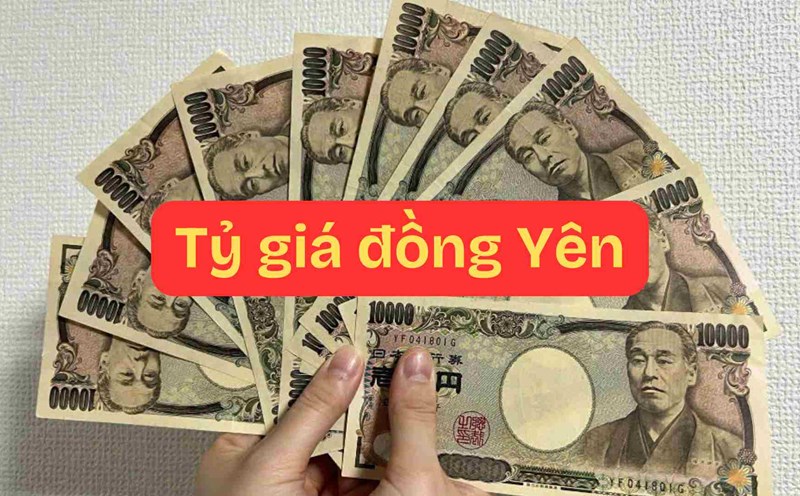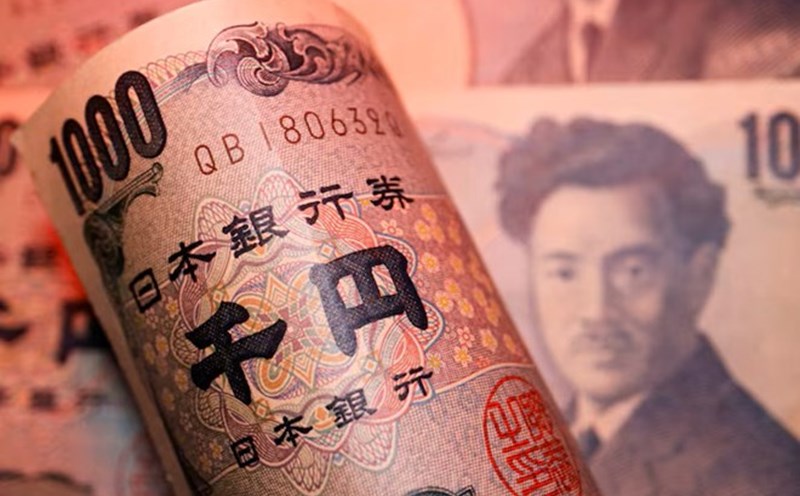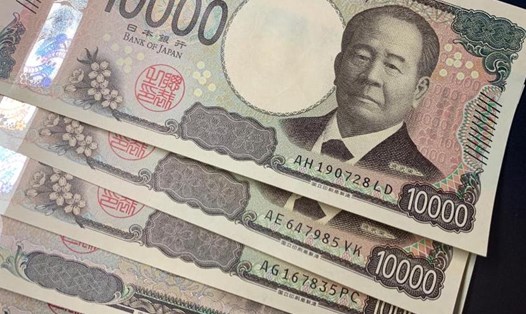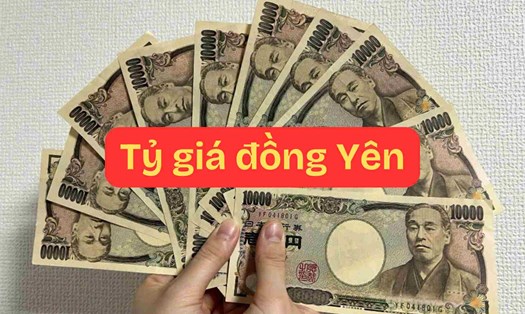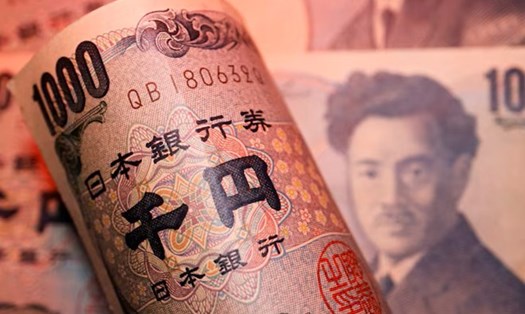Yen exchange rate today
Recorded at 15, the USD/JPY exchange rate is trading at 152.25.
The chart of this pair of exchanges fluctuated very strongly during the day. Early in the morning, the USD/JPY exchange rate fell sharply to 151.60 (show that the Yen is stronger). However, at around 12:00 noon, the exchange rate suddenly increased to the highest level of 152.55 (show that the weak Yen is moving rapidly). Immediately after that, the exchange rate adjusted down slightly to the current level.
The market is cautious because of two major events. First, the US will announce interest rates tonight. Many people speculate that the US will cut interest rates. Lower US interest rates typically weaken the dollar. Second, tomorrow (October 30), the Bank of Japan (BOJ) will hold a meeting.
Yen "dam" between two banks
The Yen is in an extremely complicated situation, under pressure from both domestic policies and global financial events.
The biggest factor that puts selling pressure on the Yen (pushing the USD/JPY exchange rate to an 8-month high) is Prime Minister Sanae Takaichi's expectations for a new government. Takaichi is expected to pursue a loose fiscal policy, which would increase government spending. She herself has also spoken out against the Bank of Japan (BOJ) raising interest rates further.
This creates a clear message for the market: Interest rates in Japan will hardly increase, while public spending will increase. As a result, the Yen depreciated.
The BOJ's current situation is "dilemma". Tomorrow's meeting (October 30) is widely predicted to keep the interest rate unchanged at 0.5%.
Inflation is very "hot". Japan's core inflation remains above 3%, and September data showed accelerating consumer inflation. BOJ Governor Kazuo Ueda has recently made comments towards tightening, and at the previous meeting, some members voted to raise interest rates.
The BOJ needs time to "adjust" Ms. Takaichi's expansionary fiscal policy. Analysts said the BOJ would not want to take immediate "opposite" action against the government. Global trade tensions are also a reason to be cautious.
Although the market predicts that the BOJ will keep interest rates unchanged this time, there is still division about when to increase next. Some analysts believe that persistent inflation could force the BOJ to act in December, while others believe it should be until early 2026.
Today's biggest event (October 29) is from the US. The fact that the US Federal Reserve (Fed) is almost certain to cut interest rates by 25 basis points tonight has actually helped " Suppress" the Yen's devaluation. If there were no such expectations (a weakening US dollar), the USD/JPY exchange rate could have far surpassed 152.55.
However, since the market has "agreed" with this cut in advance, the focus will be on the speech of Fed Chairman Jerome Powell, to find clues about future policies.
The Asian market in general is also waiting for the summit on Thursday between US President Donald Trump and Chinese President Xi Jinping. Any signs of cooling down trade tensions will support risk sentiment, indirectly affecting capital flows into currencies, including the Yen.

